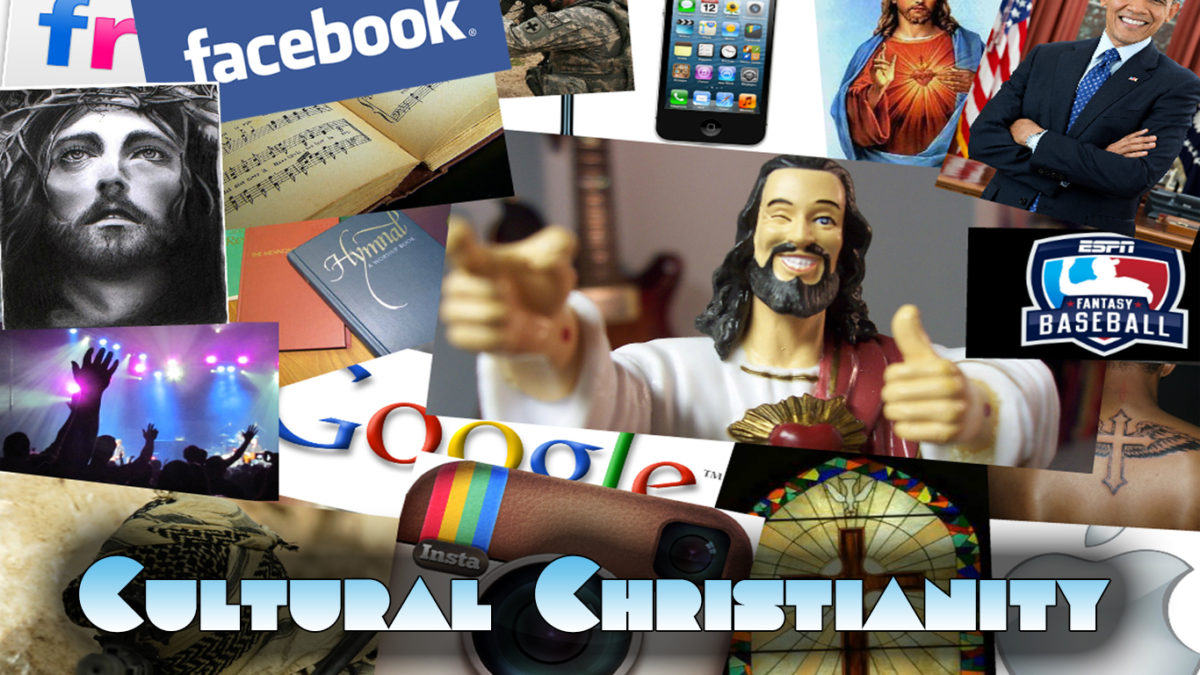The failure to resolve the eighteen-inch dilemma paves the way for the second obstacle of holy desperation—cultural Christianity. When our head and heart are not integrated, we become susceptible to settling for a faith driven more by social expectation than true devotion to God.
Culture expresses what people value and what they believe to be true. These values and beliefs are mediated through such cultural communicators as music, literature, politics, art, entertainment, and fashion. If you look closely, your culture tells you what success looks like, what constitutes beauty, and where happiness and true love are found. Whether or not culture’s answers are true, one thing is undeniable—culture exerts a profound influence on shaping us into the kind of people we become. So, what does culture have to do with Christianity?
When culture promotes values, beliefs, and behaviors contradictory to biblical teachings and practices, then Christians are called to reject such endorsements. When this happens, Christians often develop cultural alternatives to those found in their social context. Thus we have Christian books, Christian music, Christian radio, Christian political views, Christian education, Christian art, and so on. With such products, practices, and beliefs, Christian culture begins to grow… along with the positive and negative consequences of such growth.
Christian culture can help nurture positive and healthy results in a person’s life, family, and community because of its ability to discourage ungodly influences and encourage godly behavior. Christian culture, then, can be a very good thing even as it is often a natural byproduct of genuine desire to encourage ongoing Christian growth.
Yet, Christian culture can be equally disappointing when people mistakenly expect that endorsing and practicing such culture necessarily leads to real Christian faith. When such expectations exist, Christian culture can actually pave the way for disillusionment and hopelessness when suffering strikes… such faith is ill-suited for these challenges because it hasn’t learned to daily depend on Christ. This is the subtle danger of cultural Christianity.
So what exactly is cultural Christianity? I don’t believe it is a clear cut category as much as a fluctuating state of faith to which every Christian is vulnerable. When the Christian ceases to live surrendered to God, he or she becomes a cultural Christian. This state of faith is dangerous because it nurtures a faith of convenience that quickly stifles the fire of holy desperation.
So is Christian culture a good thing or not? It is good if it is understood for what it is—a concerted effort to encourage ways to live for God in the midst of a world devoted to living for itself. It is negative when it is expected to produce hearts devoted to God.
We have now discussed two obstacles of holy desperation—the eighteen-inch dilemma and cultural Christianity. Next week we talk about the alternative to cultural Christianity—biblical Christianity.
What Do You Think?
Can you identify with cultural Christianity and its impact on hope in your life? How?
